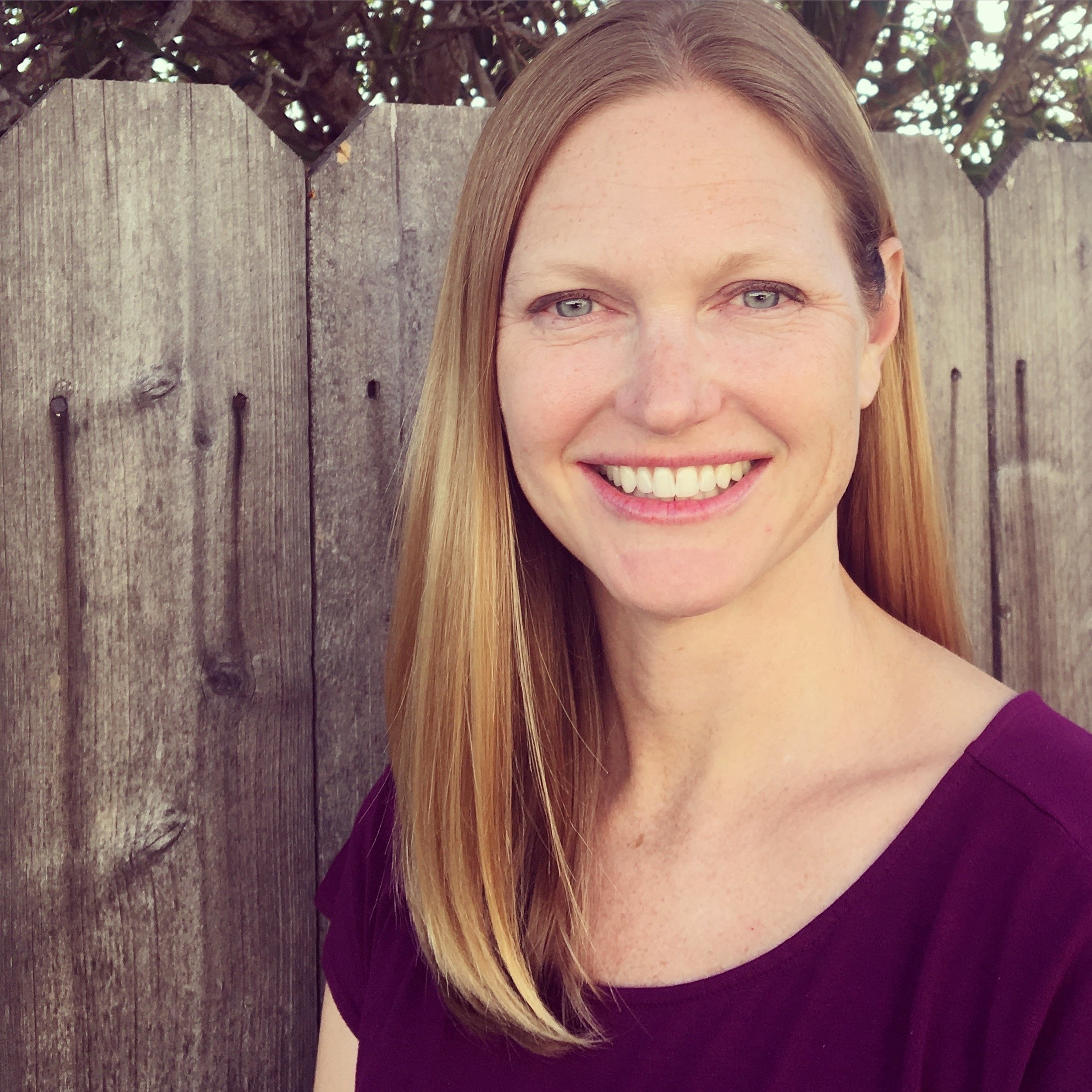Perinatal Mood and Anxiety Disorders
Treating Perinatal Women
As a therapist in Palm Desert, I care deeply about helping and supporting postpartum women and their families. I have seen firsthand the positive rippling effects that proper care can have for the woman, her relationships with her loved ones, and the positive developmental impacts her mental health can have on her children.
PMAD: Perinatal Mood and Anxiety Disorders
Postpartum Mood and Anxiety Disorders (PMADs) encompass a range of emotional and psychological conditions that can affect women after giving birth. It is believed that up to 1 in 5 women will experience a PMAD in either their pregnancy or first year postpartum. These disorders can vary in severity and may present with a combination of symptoms. It's important to note that PMADs can affect anyone who has recently become a parent, not just mothers. Here are some common symptoms of PMADs:
Postpartum Depression (PPD):
Persistent sadness or low mood
Feelings of hopelessness or worthlessness
Loss of interest or pleasure in previously enjoyed activities
Fatigue and low energy
Changes in appetite or weight (either increased or decreased)
Sleep disturbances (insomnia or excessive sleeping)
Difficulty concentrating or making decisions
Irritability or mood swings
Thoughts of self-harm or harming the baby
Postpartum Anxiety:
Excessive worry or fear, often about the baby's health and safety
Restlessness or feeling on edge
Rapid heartbeat and shortness of breath
Muscle tension
Panic attacks (sudden, intense fear or discomfort)
Intrusive, distressing thoughts (often related to harm coming to the baby)
Postpartum Obsessive-Compulsive Disorder (OCD):
Intrusive, repetitive, and distressing thoughts or images, often related to harm to the baby
Compulsive behaviors or rituals performed to reduce anxiety (e.g., excessive handwashing, checking on the baby repeatedly)
Postpartum Post-Traumatic Stress Disorder (PTSD):
Intrusive and distressing memories or flashbacks of a traumatic childbirth experience
Nightmares or recurring dreams about the trauma
Avoidance of situations or reminders of the traumatic event
Heightened arousal and reactivity (e.g., easily startled, irritability)
Postpartum Psychosis* (Rare but severe):
Delusions (false beliefs) and hallucinations (false sensory perceptions)
Disorganized thinking and speech
Extreme agitation or hyperactivity
Rapid mood swings, often between depression and mania
Impaired judgment and insight
*This is a medical emergency- seek immediate help if any of these symptoms occurs
It's important to note that these symptoms can vary in intensity and duration. Additionally, experiencing some of these symptoms in the early postpartum period is relatively common due to hormonal changes, sleep deprivation, and the challenges of adjusting to a new baby. However, when these symptoms are severe, persistent, or interfere with daily functioning and bonding with the baby, it's crucial to seek help from a healthcare professional.
Treatment for PMADs often involves a combination of therapies, including counseling (individual or group therapy), medication (in some cases), and support from loved ones. Early intervention is essential for better outcomes, so if you or someone you know is experiencing these symptoms, don't hesitate to reach out to a healthcare provider for help and support.
Lauren Fox, LCSW, PMH-C works with pregnant and postpartum women
I hope this blog about PMADs was helpful for you. If you are looking for a perinatal and/or postpartum therapist, reach out to me! We can schedule a 15 minute phone consultation to discuss what is happening for you and explore if more individualized mental health support could be beneficial for you. I would be happy to help get you connected. Feel free to call me at 805-930-9355 for a free 15 minute phone consultation. If you are looking for help with pregnancy,postpartum, pregnancy loss, infertility, birth trauma, hypnotherapy, or new mothers support groups, you can read more about how I can help within this website.
Serving the Coachella Valley and surrounding areas, including: Palm Springs, Cathedral City, Rancho Mirage, Indian Wells, Thousand Palms, Palm Desert, La Quinta, Indio, Bermuda Dunes, Coachella, Thermal, Mecca, Desert Hot Springs, Yucca Valley, Joshua Tree and virtually across the state of California.
Therapist Palm Desert, Therapist Palm Springs, Postpartum Therapist Palm Desert, Postpartum Therapist Palm Springs, Postpartum Depression Palm Desert, Postpartum Depression Palm Springs, mom support groups near me
